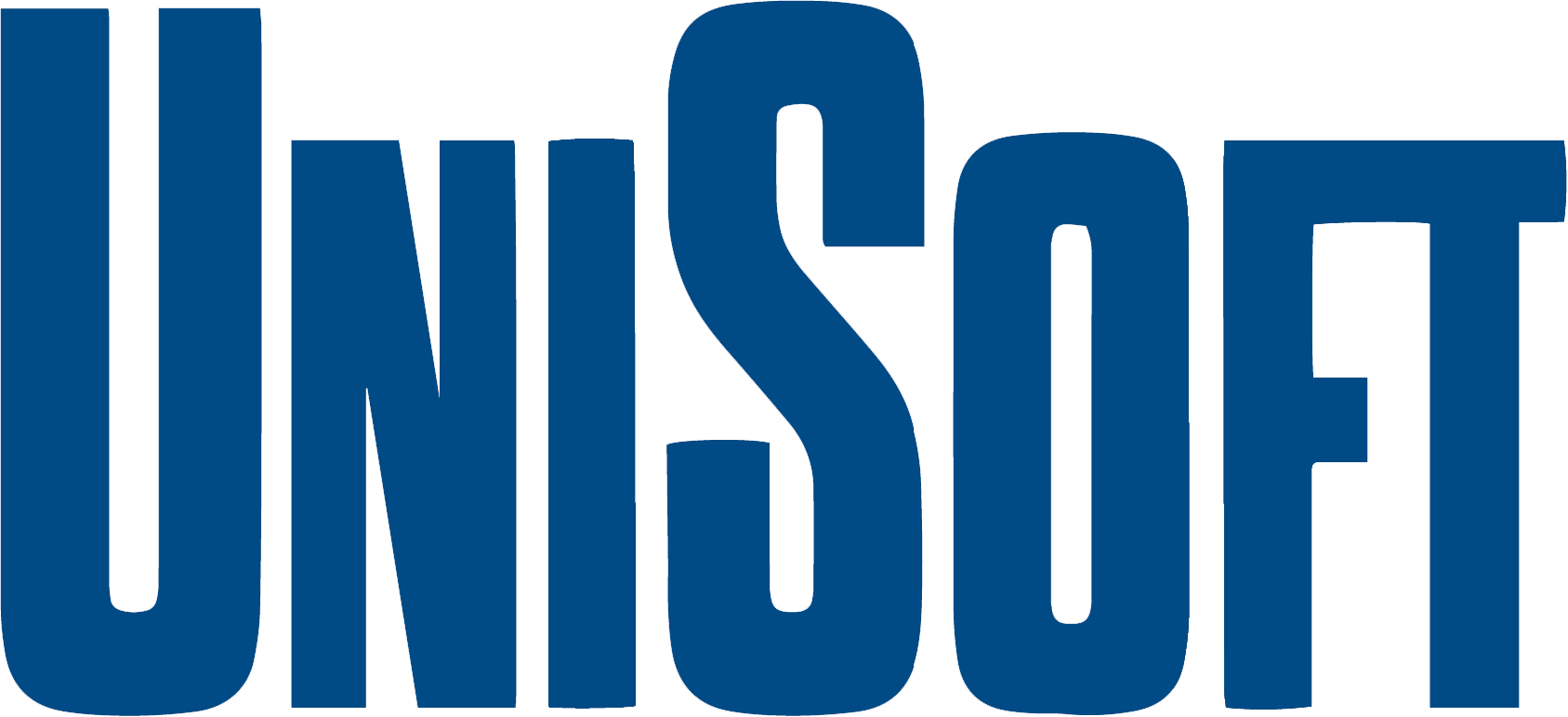ATSC Security File Generator
The UniSoft ATSC Signature File Generator (SFG) provides a graphical user interface that allows users to generate application and broadcast message signatures in the format specified in ATSC A/360 Security and Service Protection specification. The UniSoft ATSC SFG is available in the following variants:
- An application signing interface for application authors.
- An application signing interface for application distributors.
- A broadcast signaling message signing interface for broadcasters.
- A streaming service interface integrated with S&T ATCaster that allows broadcast messages and applications to be signed at the time of delivery.
SFG Application Signing
The SFG provides the means for an application author to add an S/MIME wrapper containing a signature to a MIME encapsulated application. The signature is encapsulated in a Cryptographic Message Syntax (CMS) Signed Data construct that includes:- A message digest (hash) of the application content.
- A time stamp at which the signature was applied.
- A signature over the message digest and time stamp.
- A chain of certificates that authenticate the signer to a trusted root certificate held in the receiver.
- A signed Online Certificate Status Protocol (OCSP) Response that provides the current revocation status for each of the certificates included in the CMS structure.
SFG Broadcast Message Signing
The SFG provides a means for a broadcaster to add an S/MIME wrapper containing a signature to MIME encapsulated signalling packages, or to create a CMS Signed Data construct that can be included in a MMTP delivered table or a Low-Level Signaling Table. The CMS Signed Data construct for broadcast signalling messages includes:- A message digest (hash) of the application content.
- A time stamp at which the signature was applied.
- A signature over the message digest and time stamp.
- A chain of certificates that authenticate the CDT signer and the broadcast message signer to a trusted root certificate in the receiver.
- Identifiers for the current broadcast message signing certificate, the CDT signing certificate, and (optionally) the next broadcast message signing certificate.
- Transition information for changes between the current and next broadcast message signing certificates.
- The validity period for the attached OCSP Response data.
- A CMS Signed Data construct that validates this information.
- Either an OCSP Request (for the intermediate form of the CDT), or an OCSP Response (for the final form of the CDT).
SFG General Features
The SFG provides the following set of features that can be used with the graphical user interface:- Key creation and encryption for each of the cryptographic key types specified in A/360.
- Certificate request creation to obtain a certificate from the authorized certificate authority.
- Certificate installation into a local database of certificates.
- Profile management that allows users to indicate which certificates they wish to use in author application, distributor application and broadcaster signalling message signing. The profile also allows users to define the folder location and file suffixes used to access and store their signed messages.
- An OCSP Responder profile that defines the URL that allows access to the responder and the certificates that are used to verify responses.
- An OCSP Request and Response check that allows the user to view the current status for each of their signing certificates.
- A CMS Signed Data and a CDT Table content viewer that allows the user to see the data that has been included in their signed messages.
SFG Streaming Service Interface
The SFG is able to support the immediate signing of applications and broadcast signaling messages that are created within the S&T ATCaster. In this mode, SFG runs as a service on a resilient server cluster that receives signing requests from the ATCaster. The service signs the supplied message data and, where necessary, interacts with the OCSP Responder to provide OCSP Responses into the message.SFG Supported Operating System
The SFG is available on MAC OS X 10.10 and later and on Linux 3.10.0 (Centos 7.4) and later.SFG Licensing
SFG is licensed on a per host computer basis. Licenses are available for each of the following four variants or for any combination thereof:- ATSC SFG Application Author
- ATSC SFG Application Distributor
- ATSC SFG Broadcaster
- ATSC SFG Streaming Service
